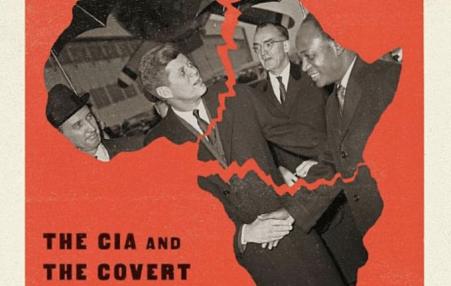Eve Ottenberg
CounterPunch

Behind the three monsters featured in this book loom a vast, homicidal military empire, piloted by capitalist ideologues, who did not value human life, to put it mildly, especially if that life belonged to black, brown or communist people.
Spread the word